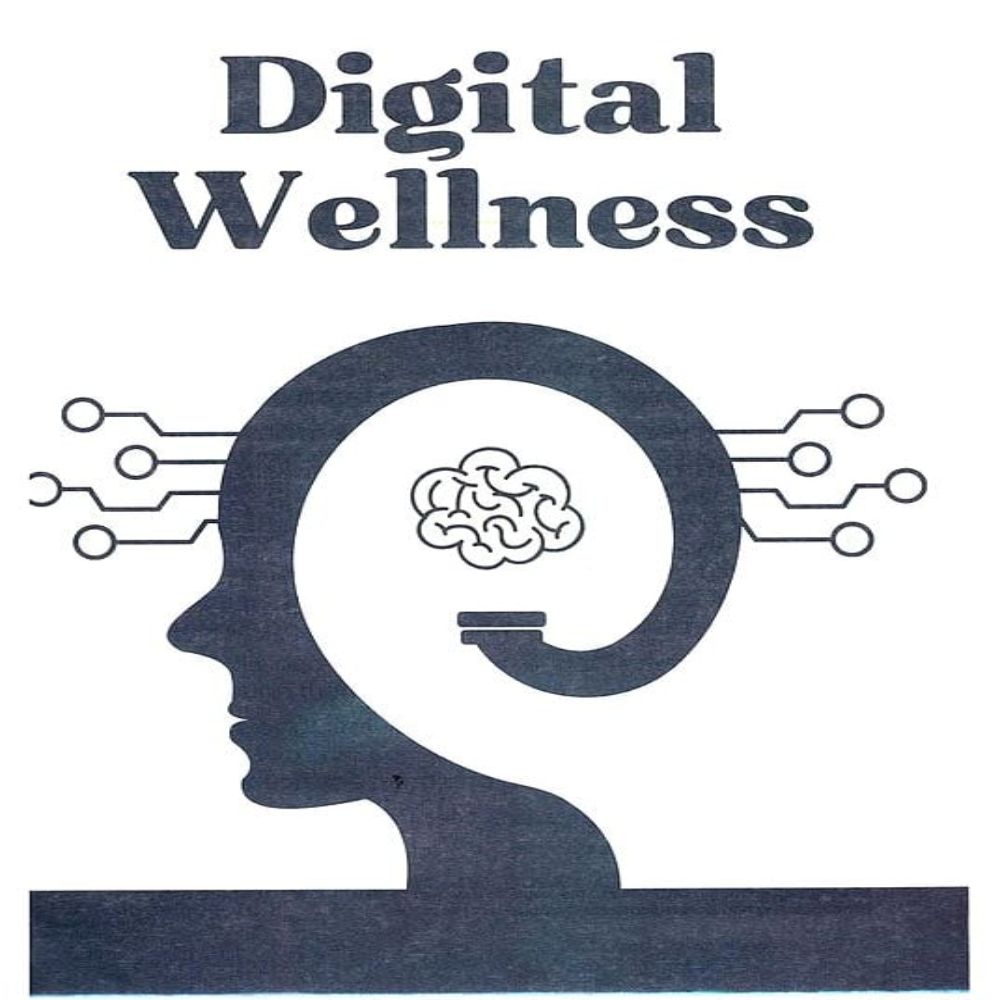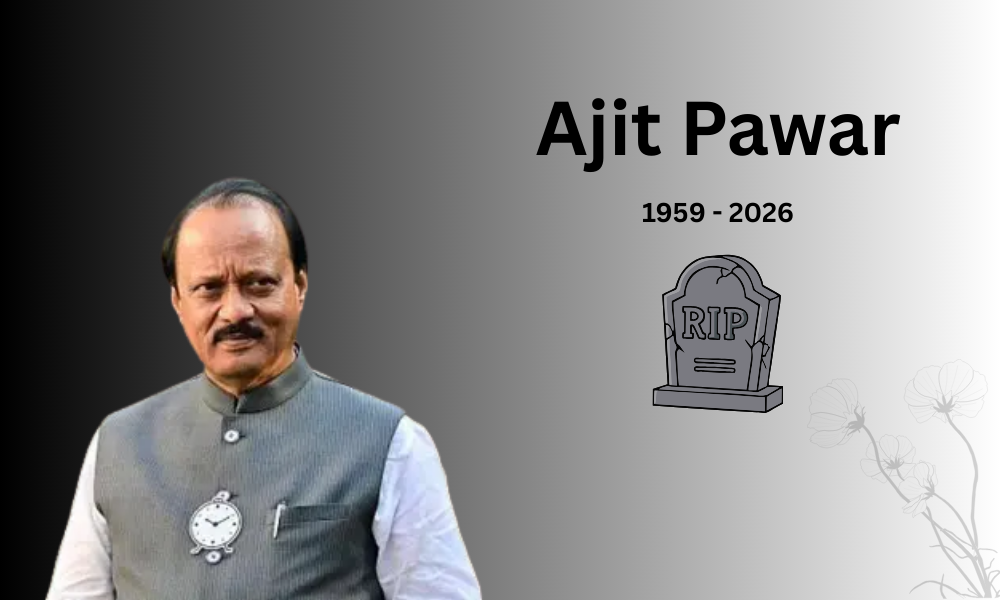Digital well-being among India’s youth: Finding the right balance between Tech and Mental Health
India has one of the youngest populations in the world, as well as one of the fastest-growing smartphone markets. From Instagram reels to late-night gaming sessions, digital screens are not simply devices for Indian youth; they also serve as an extension of identity, community and entertainment. But as connectivity grows, so do concerns about mental health, productivity and wellness in general.
Digital wellness is not about renouncing technology. It’s a matter of learning to use it mindfully and making sure that tech serves us, rather than the other way around. For Indian youth particularly in places such as Gujarat where fast urbanization has come to clash with values of the old, maintaining a thin and equal line between digital adoption and mental health has never made more sense.

Why Indian youth need to care about digital wellness
- Screen Addiction is Rising
- Studies indicate Indian children, up to 8th class normally spend around 7+ hours a day playing games on Smart mobiles.
- Companies such as Instagram and YouTube create algorithms to make people addicted to the platform resulting in dopamine driven endless scrolling.
- Mental Health Concerns
- The endless comparisons on social media perpetuate anxiousness, low self-esteem and the “fear of missing out” (FOMO).
- More than 35% of Indian teenagers in surveys have reported distressing situations directly attributable to such online pressure.
- Sleep Disruption
- Staying up late binge watching or playing video games has thrown off your natural sleep rhythms and affected professional and academic performance.
- Cultural Shift
- The ancient face-to-face culturally “glue-bringing” world is disappearing, particularly in urban Gujarat where many households are broken apart.
- The digital world is pushing out the real one; feeling lonely.
Signs of Poor Digital Wellness
- Looking at the phone within 5 minutes of waking up.
- Anxious when offline from the internet.
- Caring more about curating online persona than developing real-life skills.
- Distraction from studies or work because of non-stop notifications.
- Less time spent in hobbies, sports or offline friendships.
Steps Toward Better Digital Wellness
1. Set Healthy Boundaries
- Use app timers (like Android Digital Wellbeing or iOS Screen Time) to cap the number of hours spent on social apps.
- Establish “no-phone zones,” like dining tables or bedrooms.
2. Practice Digital Detox
- Dedicate one day a week (e.g., Sunday mornings) as a screen-free period.
- Replace scrolling with outdoor walks, reading, or family activities.
3. Mindful Social Media Use
- Unfollow accounts that trigger comparison or negativity.
- Follow communities that inspire growth, positivity, or skill-building.
4. Prioritize Sleep Hygiene
- Switch off screens one hour before bed.
- Replace late-night scrolling with calming rituals – journaling, meditation, or reading.
5. Leverage Technology Positively
- Use language learning apps, fitness trackers, or online courses.
- Build digital skills that improve employability instead of wasting time on endless reels.

The Role of Parents and Educators
In India, the role of family is crucial in shaping behaviour. Parents and teachers can help by:
- Leading by example: If parents spend dinner scrolling, children will too.
- Conversations, not commands: Encourage open dialogue about online stress rather than simply banning apps.
- Digital literacy programs: Schools should include workshops on safe, mindful internet use alongside academics.
Gujarat’s Context: Tradition Meets Technology
In cities like Ahmedabad, Surat, and Vadodara, students balance engineering exams, coaching classes, and peer pressure all while staying active online. Here, digital wellness is not just about “less screen time” but about aligning technology with cultural values of balance, family, and education.
- Many youths in Gujarat now prefer co-working cafés where study and networking happen offline.
- Spiritual and cultural organizations encourage mindful living, helping youth reconnect with offline communities.
- Start-ups are even building digital wellness apps in India, designed with local needs in mind.
Beyond Balance: Building a Healthier Future
Digital wellness should not be treated as a passing trend it is a life skill. As India invests in becoming a global digital hub, it must also prepare its youth for digital resilience. Schools can embed wellness programs, universities can host awareness campaigns, and companies can introduce healthy screen practices for young employees.
For youth themselves, the responsibility lies in choosing consciously:
- Choosing when to disconnect,
- Choosing to prioritize sleep, fitness, and real conversations,
- Choosing to see technology as a tool for growth, not as an escape.
By embracing this mind-set, Indian youth can strike a healthy balance between ambition and awareness, technology and tradition. If this balance is achieved, India’s next generation won’t just lead in coding, start-ups, and AI innovation they’ll lead in showing the world how to thrive in a digital-first age without losing mental peace.
Conclusion
The journey toward digital wellness doesn’t have to be overwhelming. Even small steps, like reducing screen time by 30 minutes a day or turning off notifications during study hours, can lead to measurable improvements in focus and mood. Over time, these habits compound, creating a healthier relationship with technology.
For Gujarat and India as a whole, the challenge is not technology itself it is how we use it. If young people learn to take control of their digital habits early, they will not only safeguard their mental health but also unlock greater creativity, productivity, and confidence. In the end, true digital wellness is not about doing less online it’s about doing better








